Standing member of the Secretariat Tran Cam Tu - Photo: VNA
According to regulation 305 of the Politburo , the provincial Party Committee is a Party Committee directly under the Party Central Committee, under the comprehensive leadership and direction of the Party Central Committee, directly and regularly under the Politburo and the Secretariat.
The provincial Party Committee has the function of leading and directing directly and comprehensively at the provincial level; leading and directing agencies and organizations of the provincial political system and subordinate Party Committees and organizations according to the provisions of the Party Charter and regulations and instructions of the central government.
Party leaders correctly implement the Party's guidelines and policies, the State's policies and laws, and resolutions of the provincial Party Congress.
Propose and recommend to the Party Central Committee, Politburo , and Secretariat issues related to the central government's leadership and direction towards localities.
Tasks and powers of provincial and municipal party committees
Regulation 305 clearly states 14 tasks and powers of the provincial Party Committee. In which, the leadership concretizes policies and measures to implement the resolutions of the provincial Party Congress, policies and resolutions of the Central Committee. Decides on the work program and inspection and supervision program for the entire term.
Decide on policies and solutions on building, managing, and arranging the organization and staffing within its authority. Lead the innovation and improvement of the organization and apparatus of the political system.
Decide on the establishment, merger, separation, dissolution, consolidation of Party organizations, agencies, and affiliated units, and decide on the transfer and acceptance of Party organizations according to authority and according to regulations and instructions of superiors.
Along with that, leaders give opinions on planning, adjusting administrative boundaries, implementing processes and procedures for establishing, dissolving, merging, separating, adjusting boundaries, and renaming administrative units according to policies of superiors and regulations of law.
Comprehensively lead the work of cadres, manage the cadre team, and implement cadre policies. Based on regulations and instructions from the central government, discuss and decide on the number of members of the standing committee and members of the inspection committee.
Review, introduce and propose the appointment of Party Executive Committee members, Standing Committee members, Secretary, Deputy Secretary, Inspection Committee, Chairman, Deputy Chairman of Inspection Committee and the positions of Chairman of People's Council and Chairman of People's Committee at provincial level according to regulations.
Lead the election of People's Council deputies at commune and provincial levels and National Assembly deputies at the local level.
Lead, direct and organize the implementation of Party inspection, supervision and discipline tasks, internal affairs, the fight against corruption, waste, negativity, prevent and repel ideological, moral and lifestyle degradation, and manifestations of "self-evolution" and "self-transformation" within the Party.
Local government leaders perform the functions, tasks, and powers of state management according to the provisions of law. Orientation on especially important issues is decided by the Provincial People's Council.
At the same time, provide guidelines on strategic, major, important, and sensitive issues regarding socio-economics, budget, issuance of local bonds, national defense, security, key programs and projects on investment in production and business development, foreign economic affairs, etc.
Approving investment policies for especially important local projects according to the working regulations of the provincial Party Committee...
The regulation also sets out 14 groups of tasks and powers of the standing committee of the provincial Party Committee, such as the decision to convene a provincial Party Committee conference.
Direct the preparation of content, programs, reports, projects, draft resolutions, and conclusions to be submitted to provincial Party Committee conferences on issues within the Party Committee's authority.
Proactively propose major, important local issues to the Party Committee for consideration and decision. Decide on the program and work plan of the Standing Committee.
Lead the work of organization, personnel and staff management, including deciding on work assignments for members of the Party Executive Committee and members of the Party Standing Committee.
Lead, direct innovation, reorganize the apparatus and unify the management of staff and cadres of party agencies, government and mass organizations in the political system in the province according to regulations and instructions of the central and provincial Party Committees.
Decide on policies and solutions on organizational arrangement, staffing and personnel policies within the authority...
Regulations on organization and staffing
Regarding the organization, staffing and conditions to ensure operations, regulation 305 clearly states the number and structure of executive committee members, standing committee members, secretary, deputy secretary, and inspection committee members:
Implement regulations and instructions of the central government; orient the structure of the standing committee according to the regulations of the Politburo in the directive on party congresses at all levels towards the national congress of the Party in each term.
Provincial Party Committees establish specialized advisory and support agencies and public service units: Office, Organizing Committee, Inspection Committee, Propaganda and Mass Mobilization Committee, Internal Affairs Committee; Political School, Newspaper, Radio and Television Agency of Provincial and City Party Committees.
The staffing of leaders, civil servants, and public employees of specialized advisory and support agencies and public service units of provincial Party Committees shall comply with central regulations and instructions, and shall be considered and decided by the Standing Committee of the provincial Party Committee within the total staffing assigned by competent authorities.
The provincial Party Committee has its working headquarters located at the political-administrative center, has its own seal and account, and is provided with funding, facilities, and means of operation according to regulations.
Thanh Chung - Tuoitre.vn
Source: https://tuoitre.vn/bo-chinh-tri-quy-dinh-moi-ve-quyen-han-to-chuc-bo-may-cua-tinh-uy-thanh-uy-20250615151920758.htm


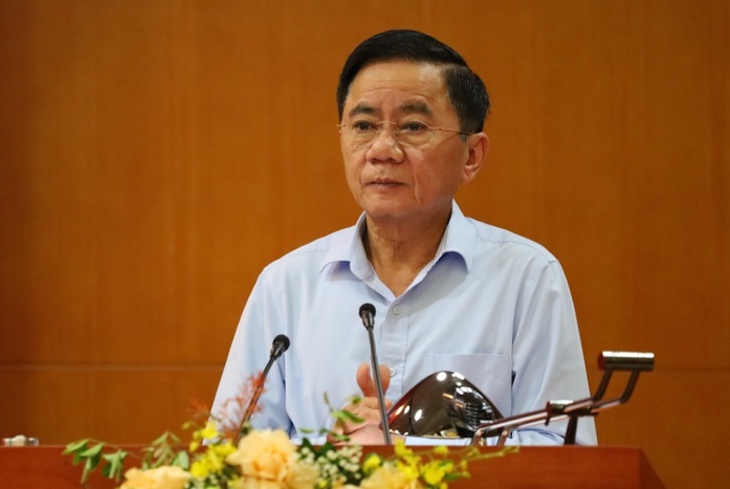
![[Photo] Keep your warehouse safe in all situations](https://vphoto.vietnam.vn/thumb/1200x675/vietnam/resource/IMAGE/2025/10/1/3eb4eceafe68497989865e7faa4e4d0e)

![[Photo] Hanoi morning of October 1: Prolonged flooding, people wade to work](https://vphoto.vietnam.vn/thumb/1200x675/vietnam/resource/IMAGE/2025/10/1/189be28938e3493fa26b2938efa2059e)


![[Photo] President of the Cuban National Assembly visits President Ho Chi Minh's Mausoleum](https://vphoto.vietnam.vn/thumb/1200x675/vietnam/resource/IMAGE/2025/10/1/39f1142310fc4dae9e3de4fcc9ac2ed0)
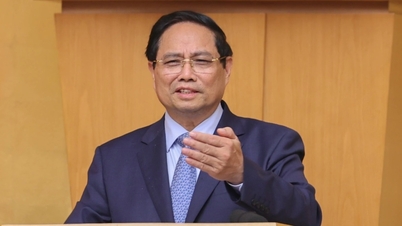

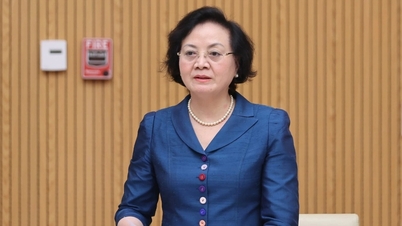


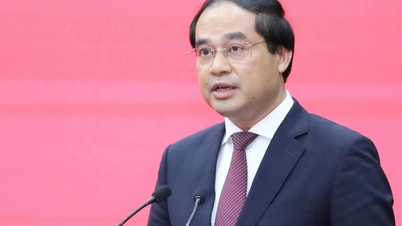


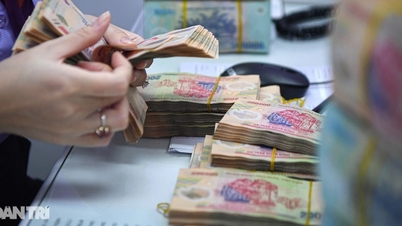
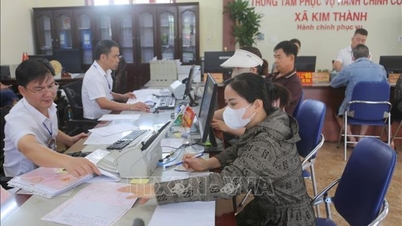

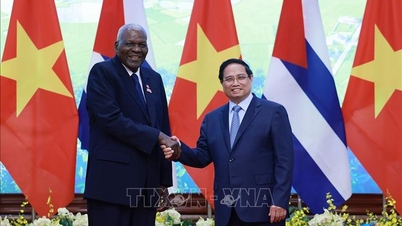
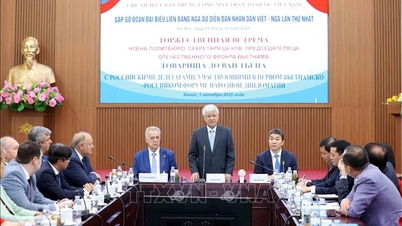
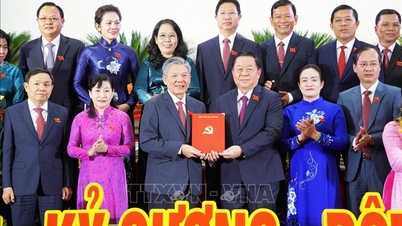
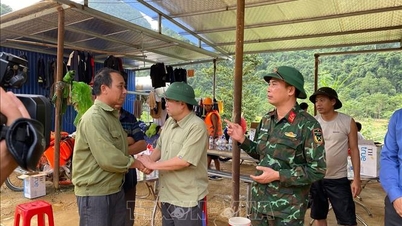
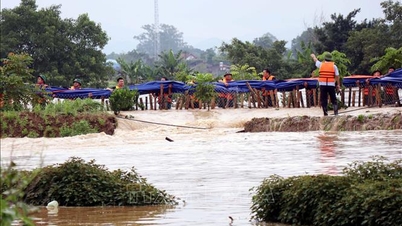





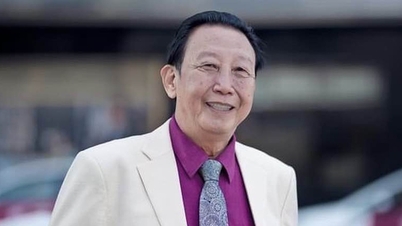
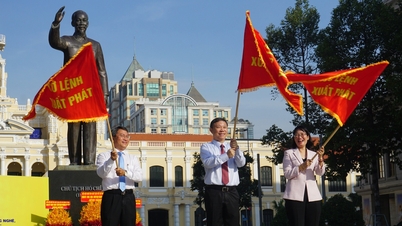
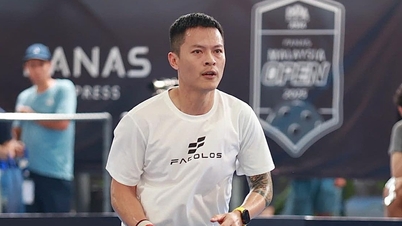






































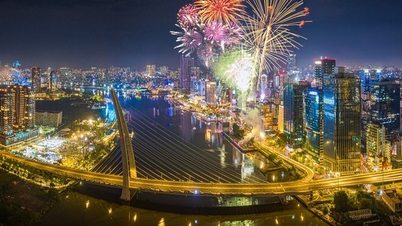


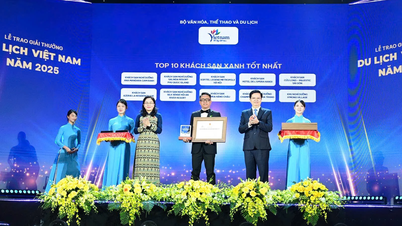

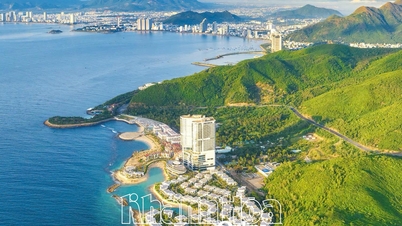
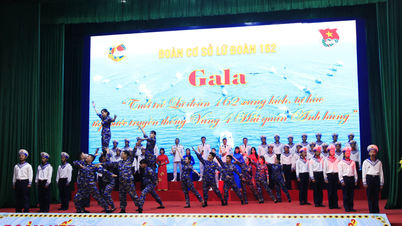
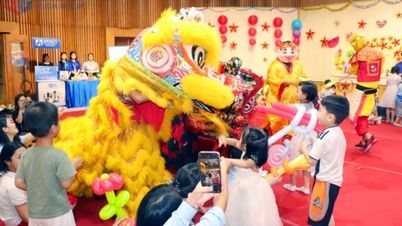

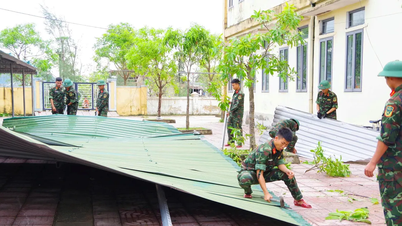















Comment (0)